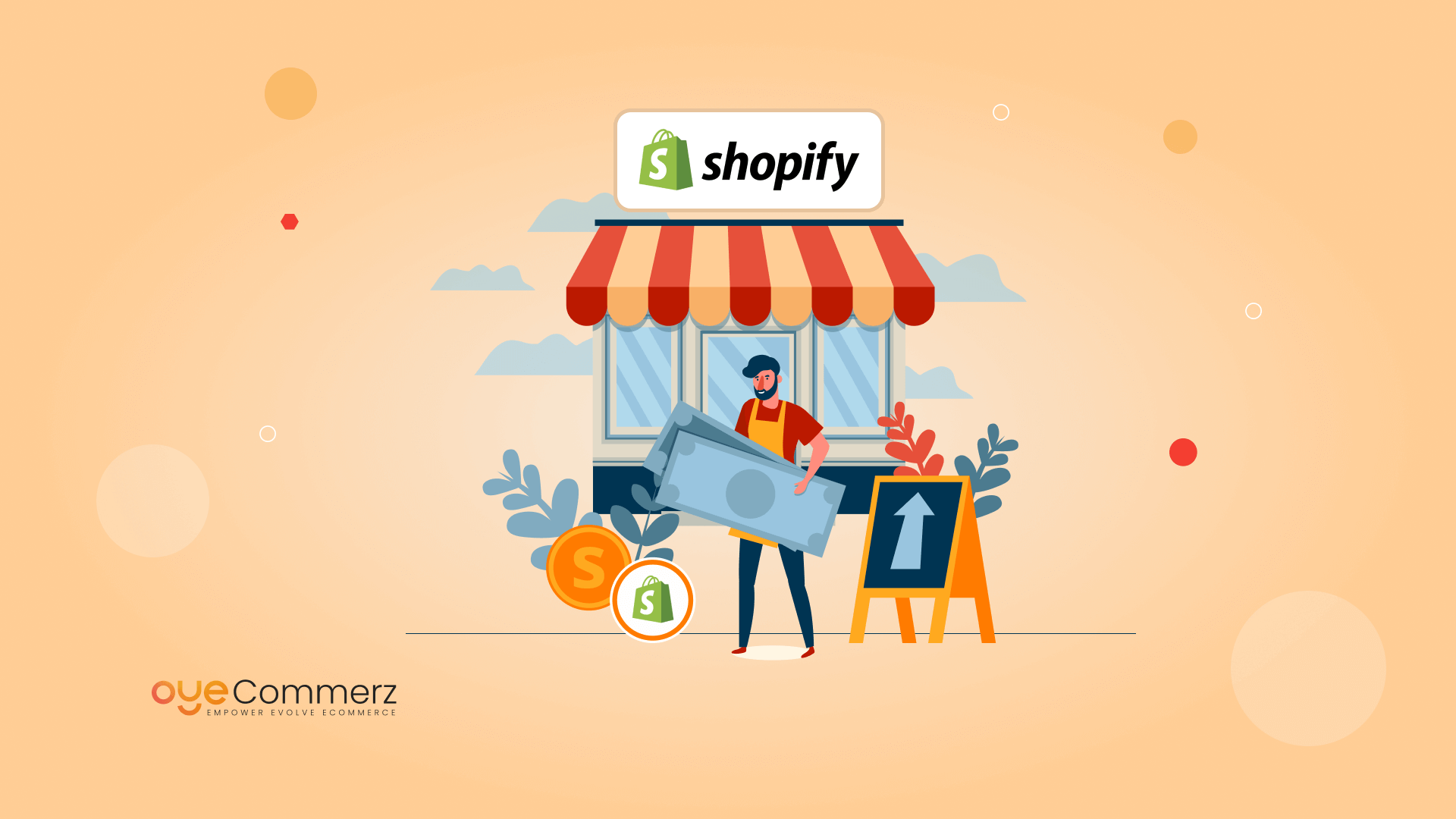Overview
In the current competitive e-commerce landscape, differentiating is paramount, and one of the best ways to differentiate a Shopify store is through tailored app creation. A well-built Shopify app can enhance store capabilities, simplify processes, and elevate customer engagement. This guide delves into essential elements of Shopify app development, from API integration to scaling strategies and promotion methods, offering a roadmap for businesses looking for unmatched store performance.
Why Shopify API Integration Matters
Shopify’s API offers robust tools to personalize and extend store functionalities. With the GraphQL and REST API options, developers can retrieve information to build applications that handle inventory management, order handling, and customer information management smoothly. Using Shopify’s API can lead to better workflow automation and allows stores to serve customers more effectively.
Adopting the Polaris Design System
Polaris is Shopify's design system for designing user-friendly and easy-to-use Shopify apps. By adhering to Polaris guidelines, developers ensure that apps seamlessly integrate within the Shopify Admin interface. This provides a cohesive appearance that appeals to Shopify merchants, promoting usability and comfort for merchants using your custom app.
Understanding the Shopify App Ecosystem
The Shopify app ecosystem provides numerous opportunities for improving online stores. From handling order fulfillment to increasing customer engagement, apps in this environment are designed to meet various business requirements. Learning about this system helps developers in finding unique app opportunities and enables seamless integration of third-party services that enhance the store.
Building Embedded Shopify Apps
Embedded apps integrate directly within the Shopify Admin, allowing a seamless experience for merchants. They allow merchants don’t have to navigate away from their Shopify dashboard, simplifying their process. Employing Shopify App Bridge and embedded app features is recommended for providing a Boosting e-commerce with Shopify unified, integrated user environment.
Using Node.js and React for Shopify Apps
Node.js and React have emerged as ideal tools for Shopify app development. This server-side framework enables efficient server-side applications, while React enables interactive and adaptive front-end user interfaces. Combined, they offer an strong framework for building fast, growth-ready Shopify apps that improve store functionality and customer engagement.
Webhooks in Shopify Apps
Webhooks enable instant data updates between Shopify and an external app. They initiate events such as new orders or inventory updates and provide immediate alerts to your app. By implementing webhooks, apps can provide up-to-date insights for store owners, streamlining workflows and boosting efficiency.
Customer Engagement and Digital Marketing for Shopify Apps
To ensure API for Shopify stores Shopify app success, engaging customers is crucial. Utilizing digital marketing strategies like SEO, email marketing, and social media campaigns can drive app adoption. Additionally, creating applications with customer interaction as a focus (e.g., loyalty programs or personalized suggestions) boosts user retention and loyalty.
Scaling Your Shopify App
As e-commerce businesses grow, so do their technological needs. Making sure that your app can manage higher usage, larger data sets, and more complex functionalities is essential. By optimizing server resources and implementing scalable technologies, you can create apps that grow in tandem with a store’s growth.
Important Features and Maintenance Tips for Shopify Apps
For an app to be useful, it should offer key capabilities like user authentication, analytics dashboard, and support channels. Regular app upkeep, including updates to fix bugs and ensuring compatibility with new Shopify functionalities, is vital to ensure uninterrupted performance and prevent disruptions to merchant workflows.
Summary
Custom Shopify app development holds vast potential for e-commerce stores, providing the chance to improve performance, streamline processes, and foster customer loyalty. From integrating APIs to focusing on scalability and customer engagement, creating a Shopify app involves careful planning and strategic execution. If you’re prepared to unlock your store’s full potential, a custom Shopify app could be the ideal solution. What capabilities do you see for your dream application? Share your thoughts and take the first step toward an enhanced e-commerce experience!
